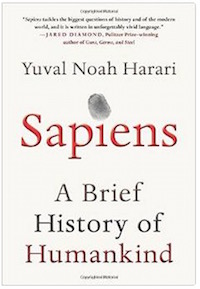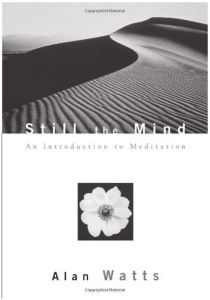“A generation ago, the Republican Party realized that Evangelical Christianity could be a valuable acquisition. “Evangelical” had righteous, “family values” brand associations, the unassailable name of Jesus, the authority of the Bible, and the organizing infrastructure and social capital of Evangelical churches. Republican operatives courted Evangelical leaders and promised them power and money—the power to turn back the clock on equal rights for women and queers, and the glitter of government subsidies for church enterprises including religious education, real estate speculation, and marketing campaigns that pair social services with evangelism.”
“As in any story about selling your soul, Evangelical leaders largely got what they bargained for, but at a price that only the devil fully understood in advance. Internally, Evangelical communities can be wonderfully kind, generous and mutually supportive. But today, few people other than Evangelical Christians themselves associate the term “Evangelical” with words like generous and kind. In fact, a secular person is likely to see a kind, generous Evangelical neighbor as a decent person in spite of their Christian beliefs, not because of them.”

 Amazon
Amazon Excerpts from Alan Watts’
Excerpts from Alan Watts’